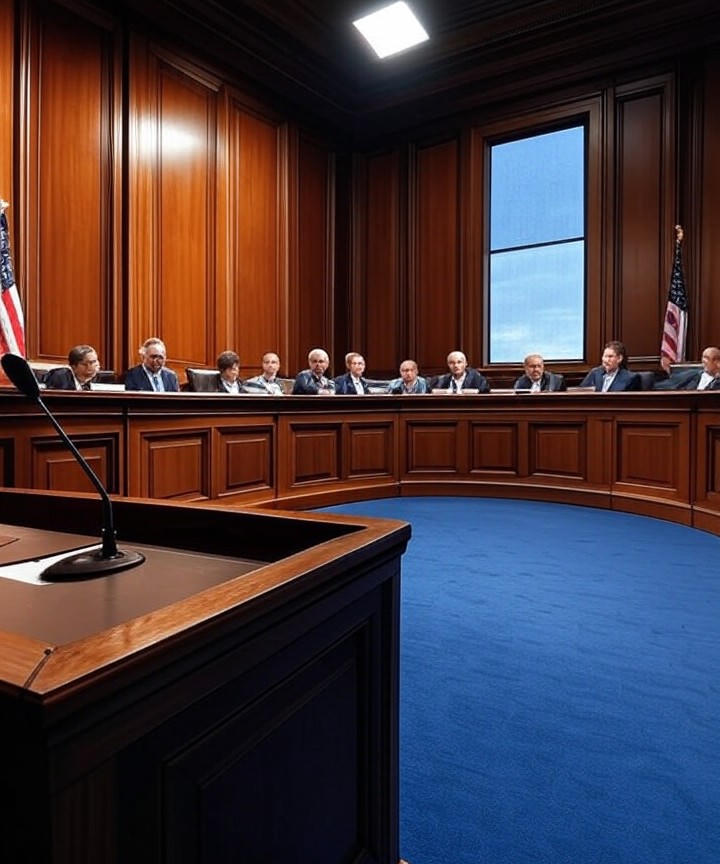Medical Marijuana in Nebraska: A Complex Journey
Since 71% of Nebraskans voted in favor of legalizing medical cannabis in November, the state has been navigating the complexities of implementing a new system. Despite the overwhelming support, the journey has been slow and contentious, with some lawmakers and officials pushing for restrictive regulations.
The Nebraska Medical Cannabis Commission, established by the ballot initiative, is responsible for developing application criteria for potential providers and starting to accept eligible applications by October 1. However, the commission’s first meeting in May was met with skepticism, as some members have previously expressed opposition to medical cannabis.
The commission is facing a tight deadline to develop regulations, with a goal of setting application criteria by July 1. The public will have an opportunity to provide feedback on the draft regulations during a meeting on June 26.
Despite the challenges, some medical cannabis advocates remain hopeful. Crista Eggers, director of Nebraskans for Medical Marijuana, expressed optimism after the commission’s first meeting, saying, “Maybe it’s with the establishment of this commission that we can all come together and realize that we are moving forward on this.”
However, the road ahead is uncertain. The Nebraska Attorney General’s office is suing the state over the ballot initiative, alleging fraud in the signature collection process. The lawsuit is pending before the Nebraska Supreme Court.
For patients like Will Gillen, who suffers from multiple types of seizures daily due to a severe form of epilepsy, the wait for access to medical cannabis is frustrating. His parents, Shelley and Dominic, have been advocating for medical marijuana for 12 years, believing it could help improve their son’s quality of life.
As the commission works to develop regulations, patients like Will and their families are left wondering when they will be able to access the treatment they need. The journey to medical cannabis in Nebraska is complex and contentious, but one thing is clear: the need for access to this treatment is real, and the state must work to ensure that patients like Will can receive the care they need.












